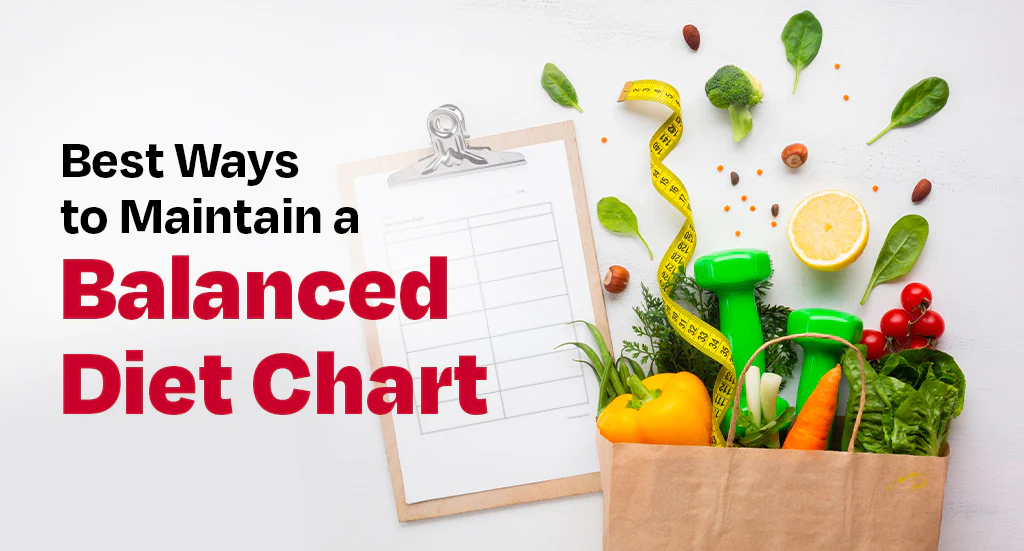Accurate. The human body naturally adapts to the substances it receives. A well-rounded diet plays a pivotal role in fostering a healthy life, as nutrients are most effective when obtained from diverse sources.
According to the World Health Organization (WHO), maintaining a balanced diet is crucial for overall health, protecting against various forms of malnutrition, as well as non-communicable diseases (NCDs) such as diabetes, heart disease, stroke, and cancer.
A non-vegetarian diet, comprising chicken, eggs, meat, and fish, offers health benefits like muscle strengthening, growth, stamina, and hemoglobin enhancement due to their rich protein and vitamin content. Interestingly, a well-balanced vegetarian diet, encompassing vitamins, minerals, fiber, carbohydrates, and proteins, can yield similar advantages.
Foods like dairy, beans, green peas, lentils, whole grains, and nuts also provide essential protein benefits. Including fresh fruits and raw vegetables, reducing saturated fats, limiting daily salt intake to less than 5g, minimizing free sugar consumption, and maintaining a balanced diet form the cornerstone of a healthy eating regimen. WHO succinctly states that calorie intake should align with daily energy expenditure.
While theories abound, and beliefs vary, adhering to a balanced diet for a healthy life involves consuming each food component daily, with often overlooked minerals included in appropriate proportions.
Key Nutrients in a Vegetarian Diet:
A vegetarian diet excludes meat, fish, and poultry but can still offer essential nutrients. Focus on incorporating these key nutrients:
– Protein: Obtained from legumes, tofu, tempeh, quinoa, nuts, and seeds.
– Iron: Found in dark leafy greens, fortified cereals, lentils, beans, and dried fruits.
– Vitamin B12: Crucial for vegetarians, found in fortified foods like plant-based milk, cereals, or supplements.
– Omega-3 Fatty Acids: Obtained from flaxseeds, chia seeds, walnuts, and algae-based supplements.
Key Nutrients in a Non-Vegetarian Diet:
A non-vegetarian diet includes animal products, offering easily absorbed nutrients.
Key elements include:
– Complete Proteins: Present in meat, fish, and dairy, providing all essential amino acids.
– Vitamin B12: Abundant in animal products, ensuring sufficient intake for non-vegetarians.
– Heme Iron: Found in non-vegetarian diets, easily absorbed compared to non-heme iron in plant-based foods.
– Omega-3 Fatty Acids: Abundant in fatty fish like salmon.
Tips for a Healthy Balanced Diet Regardless of Dietary Choice:
– Emphasize Whole Foods: Prioritize fruits, vegetables, whole grains, and nuts for diverse nutrient intake.
– Portion Control: Moderation is key to prevent overconsumption of any food group.
– Variety: Experiment with different foods to ensure a wide range of nutrients.
– Stay Hydrated: Water is essential for digestion and overall health.
– Avoid Excess Sugars and Saturated Fats: Minimize sugary, processed foods, and saturated fats for a healthy weight and heart.
Conclusion:
Whether opting for a vegetarian or non-vegetarian diet, maintaining a healthy balanced diet is achievable through careful planning and attention to nutrient intake. Both approaches have merits, and by including a diverse range of foods, one can obtain all essential nutrients for a healthy lifestyle. Understanding your body’s needs and making informed food choices will lead to improved overall well-being. Remember, a balanced diet is not just about what you eat but also about how you eat it, so eat mindfully and savor the journey to better health.




